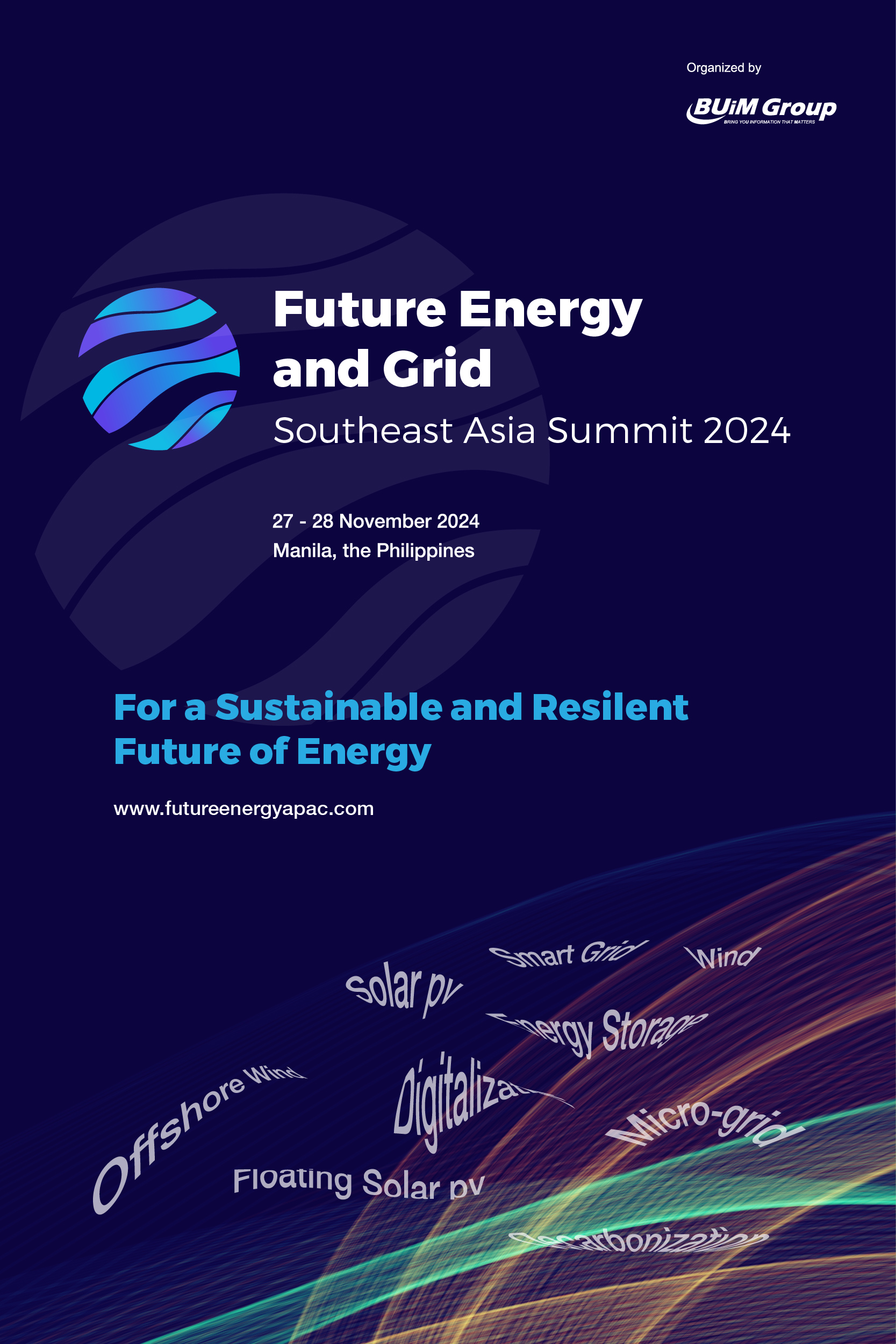The next administration, which presumptive President Ferdinand Marcos Jr. may lead, has been urged to create a separate agency that will manage the development of nuclear energy in the country.
Outgoing Energy Regulatory Commission (ERC) chairperson Agnes Devanadera said that the agency could be created through a law that will provide a policy and regulation of nuclear plants, including the creation of an agency whose purpose is to lay down the foundations necessary to include nuclear energy in the country’s power mix.
This and the temporary suspension of excise tax are among Devanadera’s proposals to help bring down power rates in the country.
Devanadera said that the agency for nuclear energy will “help, look into, and shepherd the incubation of ideas.”
The ERC chief added that nuclear power installation technologies have changed from 36 years ago since the completion of the Bataan Nuclear Power Plant in 1984, making it crucial for the government to study the new project developments.
Outgoing Pres. Rodrigo Duterte signed Executive Order No. 164, establishing the Nuclear Energy Program that will create a comprehensive legal and regulatory framework – which already includes the establishment of an independent regulatory body for nuclear energy.
Apart from the nuclear energy agency, Devanadera said that the government should come up with a “fixed” energy mix in order to plan for the country’s demand in the coming decades.
Devanadera said that the power mix should be fixed for the next 40 years, and should have a target increase in capacity per year and per technology, adding that it should be coordinated with the National Grid Corporation of the Philippines to match the new and existing transmission capacity and avoid stranded and unutilized capacity.
Under the Philippine Energy Plant, the Department of Energy has set a 35% renewable energy share in the power generation mix by 2030 and 50% by 2040.


